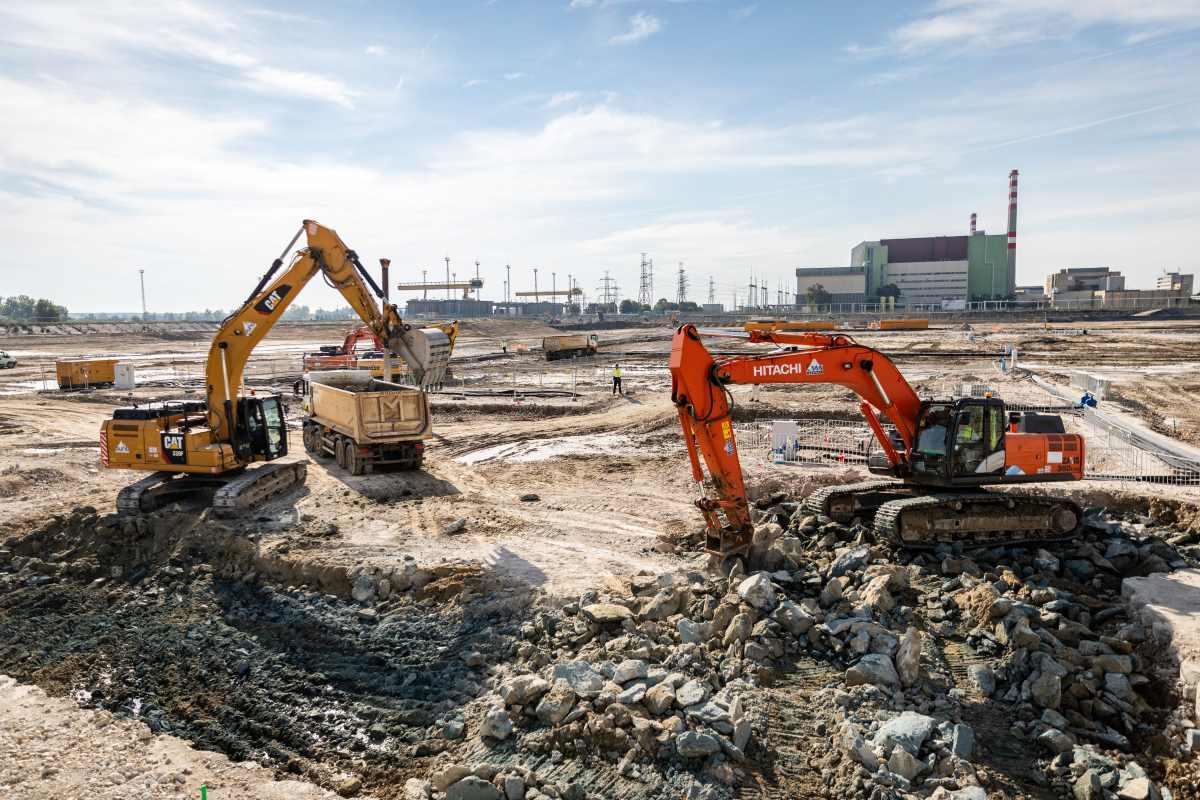The lifting of sanctions has attracted attention amid Europe's struggles with the energy problem.
According to the announcement of the Office of Foreign Assets Control (OFAC) under the US Treasury Department, Washington has just issued a special license to allow the implementation of financial transactions related to the Paks-2 nuclear power plant project (Hungary) with a series of major Russian banks.
According to the published documents, the license allows transactions with the Russian Central Bank, Gazprombank, VEB.RF, FC Otkritie, Sovcombank, Sberbank, VTB, Alfa-Bank, Rosbank, PJSC Bank Zenit, Bank Saint Petersburg and the National Payment Center. These are all organizations that have been targeted by tightening sanctions from Washington since the end of 2024.
The new license states that although it allows transactions to serve the Paks-2 project, Russian banks are still not allowed to open counterpart payment accounts in the US, and the ban on account debts of the Russian Central Bank, the National Welfare Fund or the Russian Ministry of Finance in US financial institutions remains the same.
Previously, US Secretary of State Marco Rubio said that Washington "temporarily lifted sanctions" on the Paks-2 project until it was completed, to ensure Hungary maintained its energy independence - a factor that the US considers important in the context of Europe continuing to rely heavily on imported gas and fuel.

In November 2024, the US imposed sanctions on Gazprombank - a bank that plays a central role in oil and gas payments and the construction of the second phase of the Paks nuclear plant. This forces Russia and Hungary to find alternative trading solutions.
In January this year, Washington continued to expand sanctions to the entire Russian oil and gas sector and the leadership of the Russian Nuclear Energy Corporation Rosatom, including General Director Alexey Likhachev.
The Paks nuclear plant currently accounts for 50% of Hungary's electricity output and a third of the country's electricity consumption. The project was built by Soviet experts in the 1980s, using nuclear fuel provided by Russia. The plant consists of four VVER-440 blocks, located on the banks of the Danube River, about 100km south of Budapest.
Phase two - Paks-2 - is implementing the construction of two new units using VVER-1200 furnace technology. When completed, the total capacity of the area will increase from 2,000 MW to 4,400 MW, making it one of the largest nuclear power clusters in the region.
Washington's move to "unlock" transactions for Russian banks to maintain project progress is considered particularly noteworthy, in the context of Europe lacking both energy and being bound by sanctions and increasingly urgent energy security needs.











